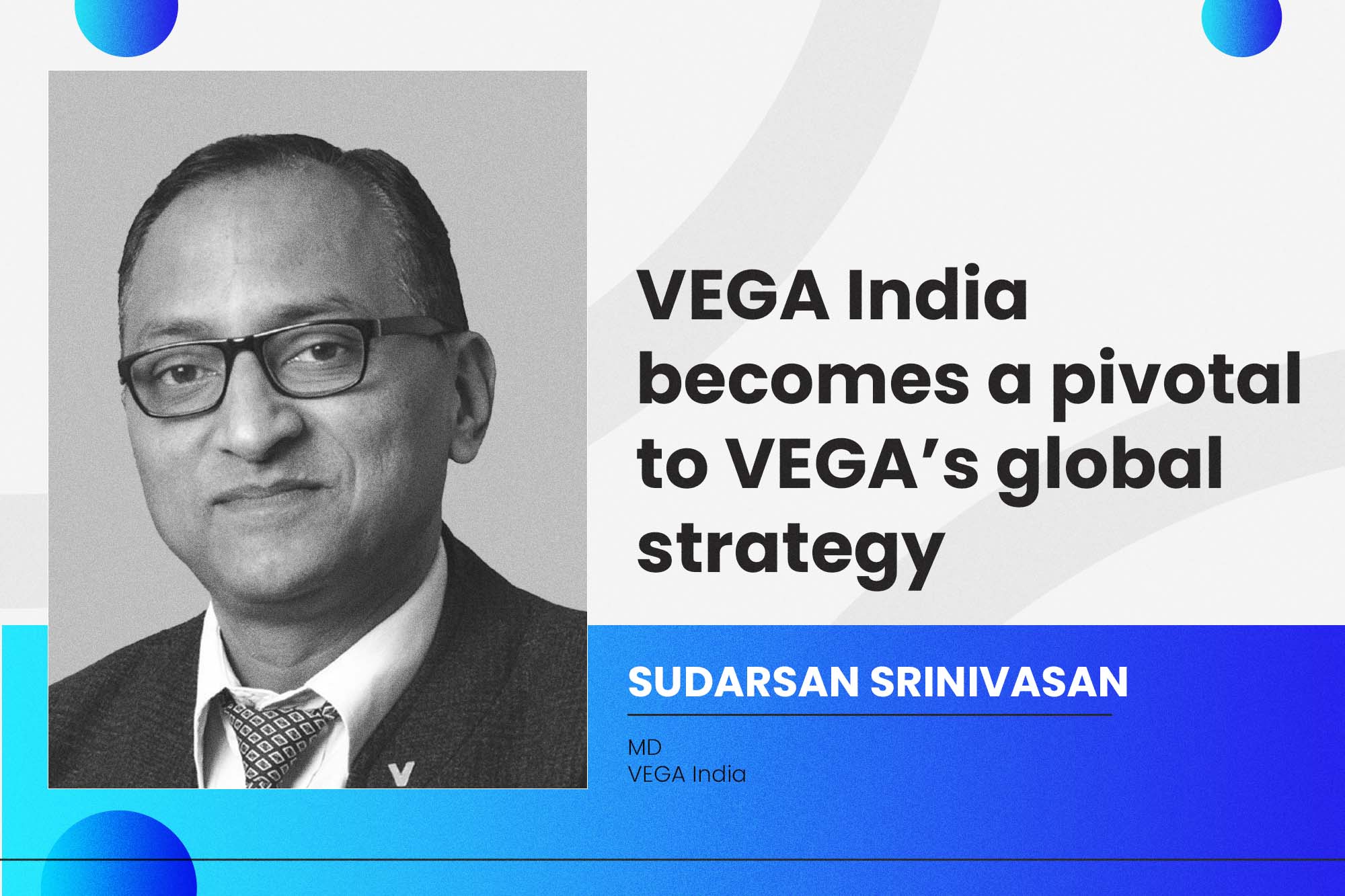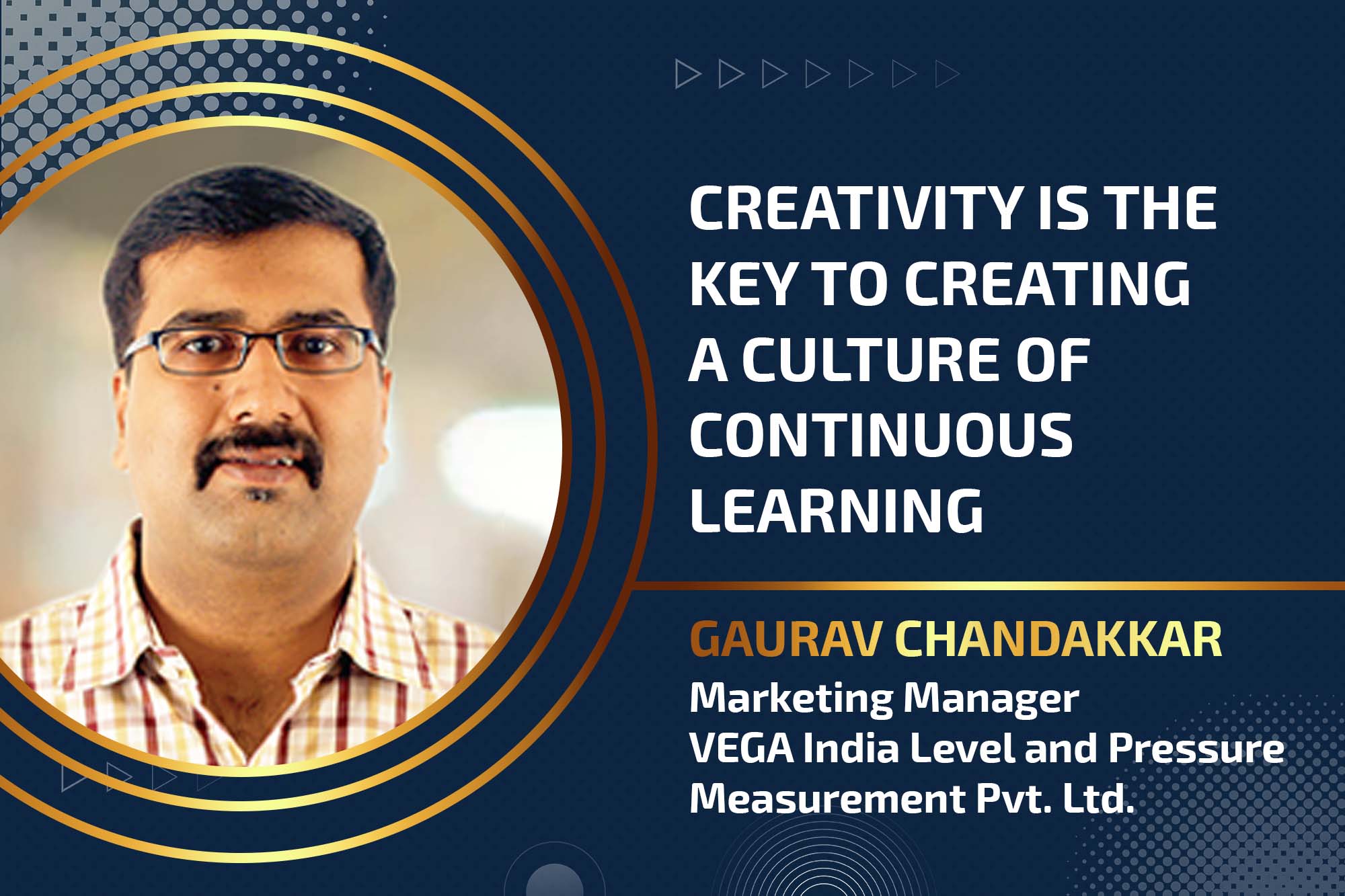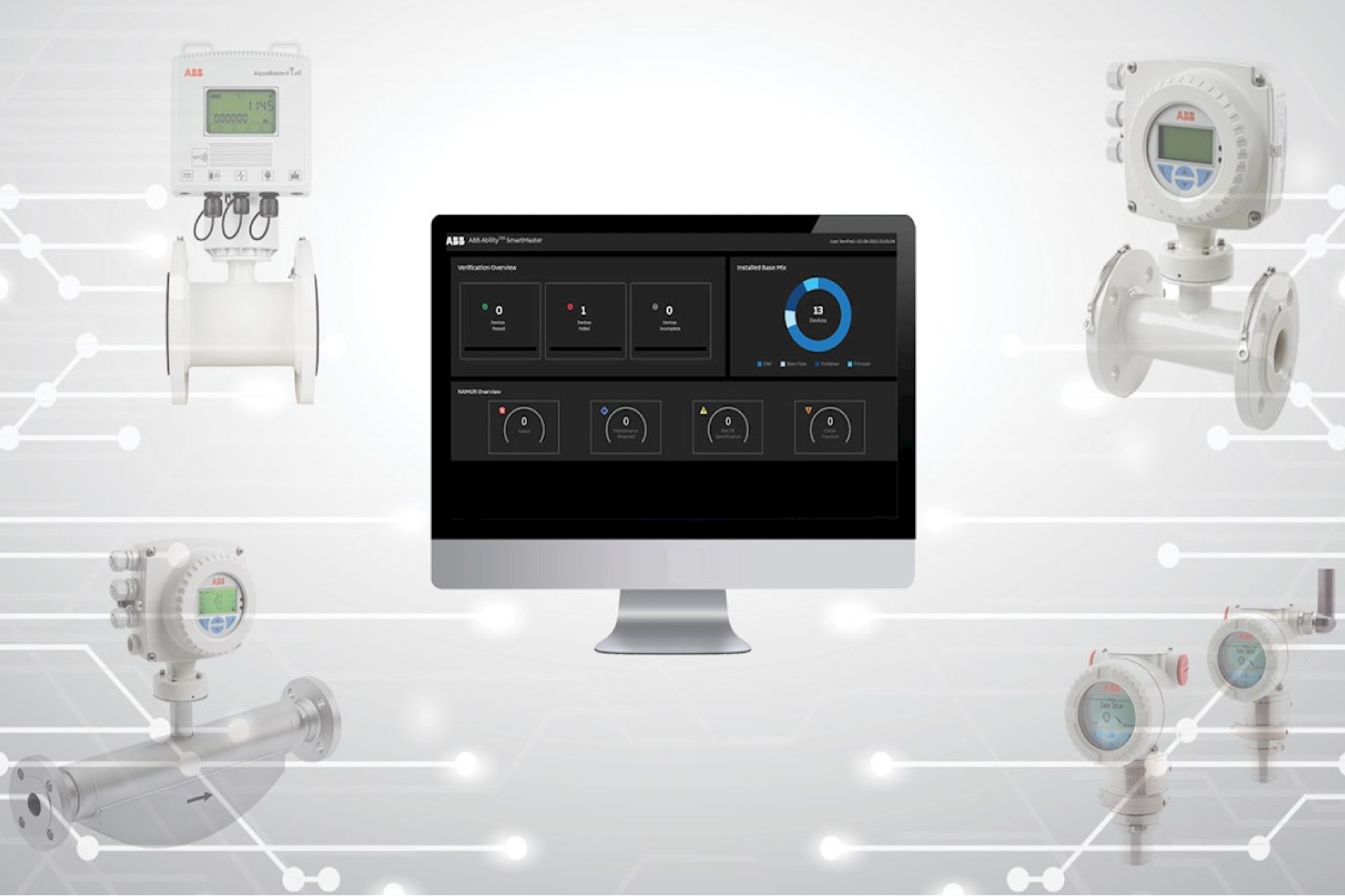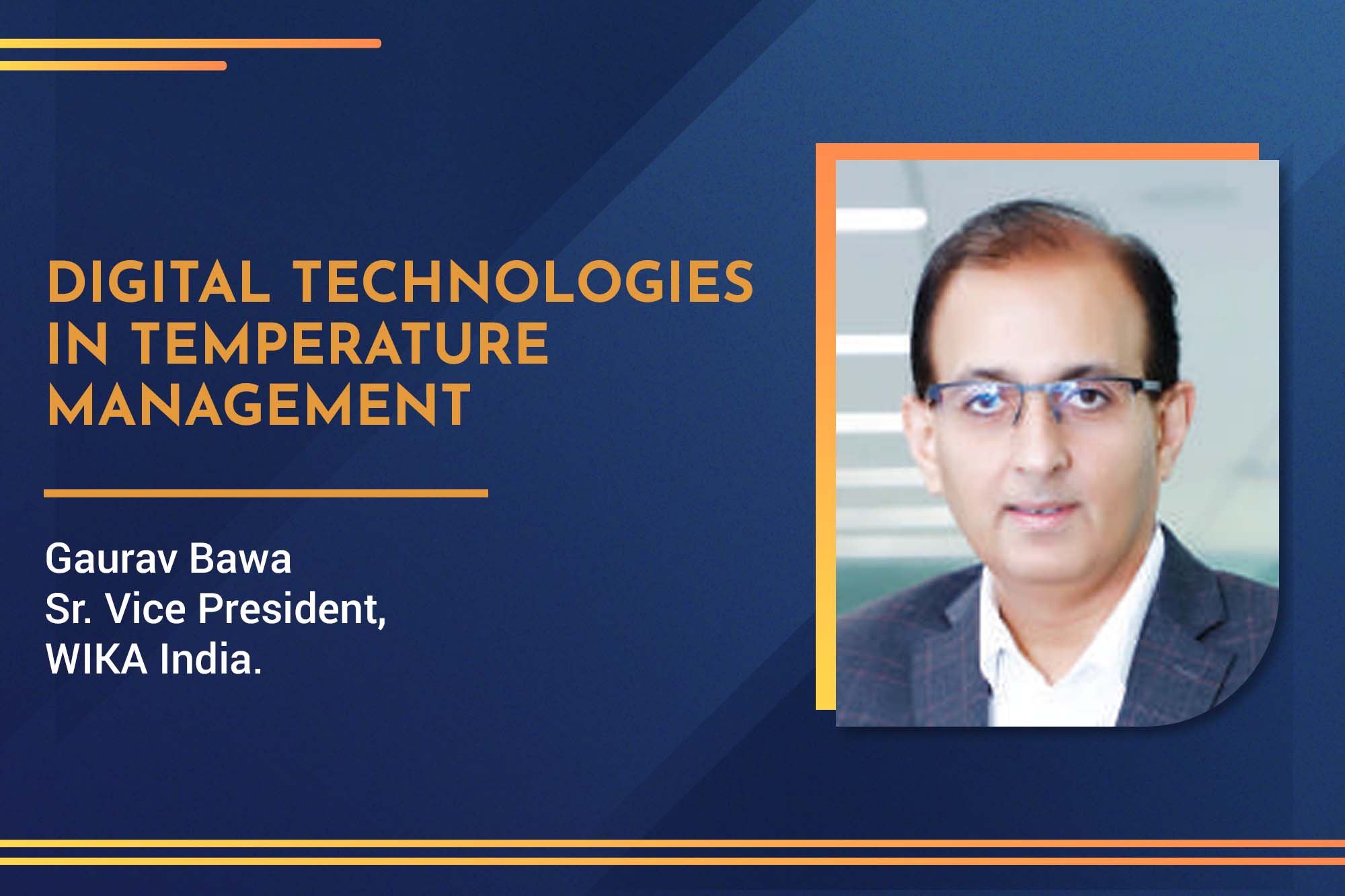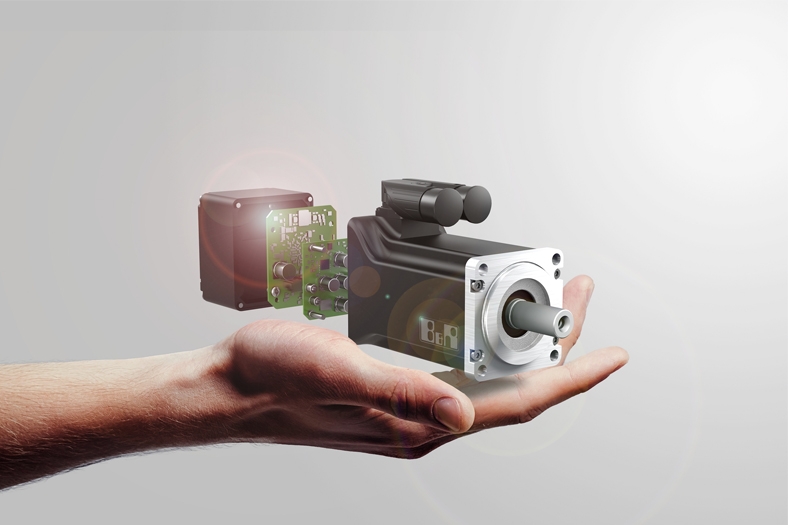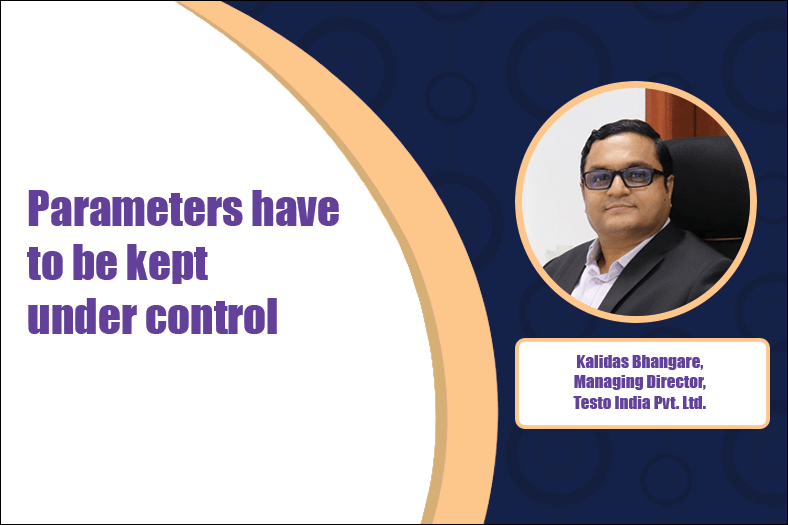General Instruments builds global momentum with engineering excellence
By Staff Report May 12, 2025 3:16 pm IST
General Instruments is present in over 40 countries and works with global companies like Shell, SABIC, and TotalEnergies. Sarvadnya Kulkarni, CEO of General Instruments Consortium, shares his journey from a small workshop in Mumbai to becoming one of India’s leading field instrumentation companies.
How did your journey begin, transforming a single workshop into one of India’s leading field instrumentation companies with exports to over 40 countries?
General Instruments was established in 1966 by Capt. M.M. Kulkarni established a small workshop in Mumbai after serving in the Indian Army. In the early years, we manufactured temperature gauges using tools and had four to five workers. The 1980s and 1990s marked a growth, with the manufacturing facilities and the pressure, level, and flow instruments in the product line. Over the next two decades, we became trusted suppliers of oil, gas, power, and chemical industries in India. A significant shift happened in the 2010s when we focused on international markets.
Today, we are in over 40 countries and work with global companies such as Shell, SABIC, and TotalEnergies. Our progress has been driven by product quality, engineering capability, and long-term customer relationships.
Can you share insights on your transition from serving domestic markets to becoming a global player? What are your future expansion plans in terms of markets and capabilities?
The transition from serving domestic markets to becoming a global player began in the early 2010s, driven by a strong focus on product quality, certifications, and strategic partnerships. Today, we’re present in over 40 countries and work with industry leaders like Shell, SABIC, and TotalEnergies.
This shift involved adapting to local market needs, offering customised solutions, and building long-term relationships. We’re expanding into Saudi Arabia, Central Asia, and the U.S., driven by large-scale infrastructure demand and a shift in global supply preferences. To support this, we’re enhancing manufacturing capacity, investing in automation, scaling R&D, and strengthening digital operations. Our focus remains on becoming a trusted global partner by combining engineering excellence with local presence and responsive service, enabling us to scale further across high-value sectors and geographies.
How has globalisation influenced your collaborations with OEMs, and what challenges have you faced in navigating the complexities of borderless trade?
Globalisation has significantly expanded the horizons of our business. It has enabled us to collaborate with global OEMS and EPCS, making us an integral part of complex, multi-country project supply chains. These collaborations have driven us to elevate our product quality, compliance standards, and delivery commitments to meet international benchmarks.
However, borderless trade comes with challenges—navigating fluctuating currency rates, adapting to regional certifications, dealing with varying lead time expectations, and ensuring logistical reliability across geographies. Each region has its regulatory framework, requiring deep compliance expertise and agile processes. But these hurdles have made us more resilient and globally competitive. Today, we are proud to be considered a reliable partner by OEMS and end-users in over 40 countries.
Your upcoming 70,000 sq. ft. green manufacturing plant in Mumbai marks a major milestone. What latest technologies and machinery have been utilised at this facility, and were they sourced locally or globally? Also, share the details about the automation process.
The new 70,000 sq. ft. green manufacturing facility in Mumbai exemplifies our vision for the future—sustainable and globally aligned. We have equipped the plant with CNC machining centres, coordinate measuring machines (CMMS), and robotic welding and assembly systems. These machines have been sourced from a mix of global technology providers in Germany and Japan, along with leading Indian manufacturers, to balance performance and serviceability.
Automation is in our operations. Our ERP-integrated dashboards and mobile applications allow real-time production visibility across departments, reducing manual dependencies and enhancing decision-making speed.
In what ways have you integrated sustainability and ESG (Environmental, Social, and Governance) compliance into your operations?
Sustainability is a cornerstone of our growth strategy. The new plant follows IGBC (Indian Green Building Council) norms, using natural lighting, solar panels, and energy-efficient HVAC systems. We’ve also adopted sustainable procurement practices, encouraging suppliers to align with our ESG objectives. We have also reduced 1 tonne of stainless steel tag plates every year by incorporating laser printing technologies on the gauges themselves.
On the governance front, we have robust internal audit mechanisms, anti-corruption policies, and data protection protocols. Socially, we invest in local community development and skill-building programs, and offer equal opportunities across our workforce. We aligning reporting with global ESG frameworks to ensure transparency and accountability as we scale further.
With partnerships across more than 30 engineering colleges, how is your company investing in talent development and preparing future-ready professionals?
We believe that the future of manufacturing lies in nurturing homegrown talent. Through structured partnerships with over 30 engineering colleges, we offer internships, live projects, plant visits, and guest lectures led by technical experts. We have also initiated a programme called “Campus to Corporate”, which grooms final-year students to transition smoothly into industrial roles by exposing them to real-world instrumentation challenges and organising 6 months of field projects.
Additionally, we have donated various labs to engineering institutions as part of our CSR initiative for hands-on learning, ensuring that students graduate with theoretical knowledge and industry readiness.
What are your ambitions for expanding exports and entering new geographies and industry verticals?
Our ambition is to double exports in the next few years by expanding geographically and across high-growth industry verticals. We’re actively entering markets like Saudi Arabia, Central Asia, and the U.S., where there’s strong demand for quality instrumentation driven by infrastructure, energy, and manufacturing growth. At the same time, we are diversifying into sectors such as renewable energy, pharmaceuticals, and advanced process industries that require specialised, high-performance solutions. Our strategy includes building local partnerships, securing relevant certifications, and offering end-to-end instrumentation packages.
By combining deep engineering expertise with agile, customer-focused service, we aim to position General Instruments as a go-to global partner for critical measurement and control needs.
Cookie Consent
We use cookies to personalize your experience. By continuing to visit this website you agree to our Terms & Conditions, Privacy Policy and Cookie Policy.




